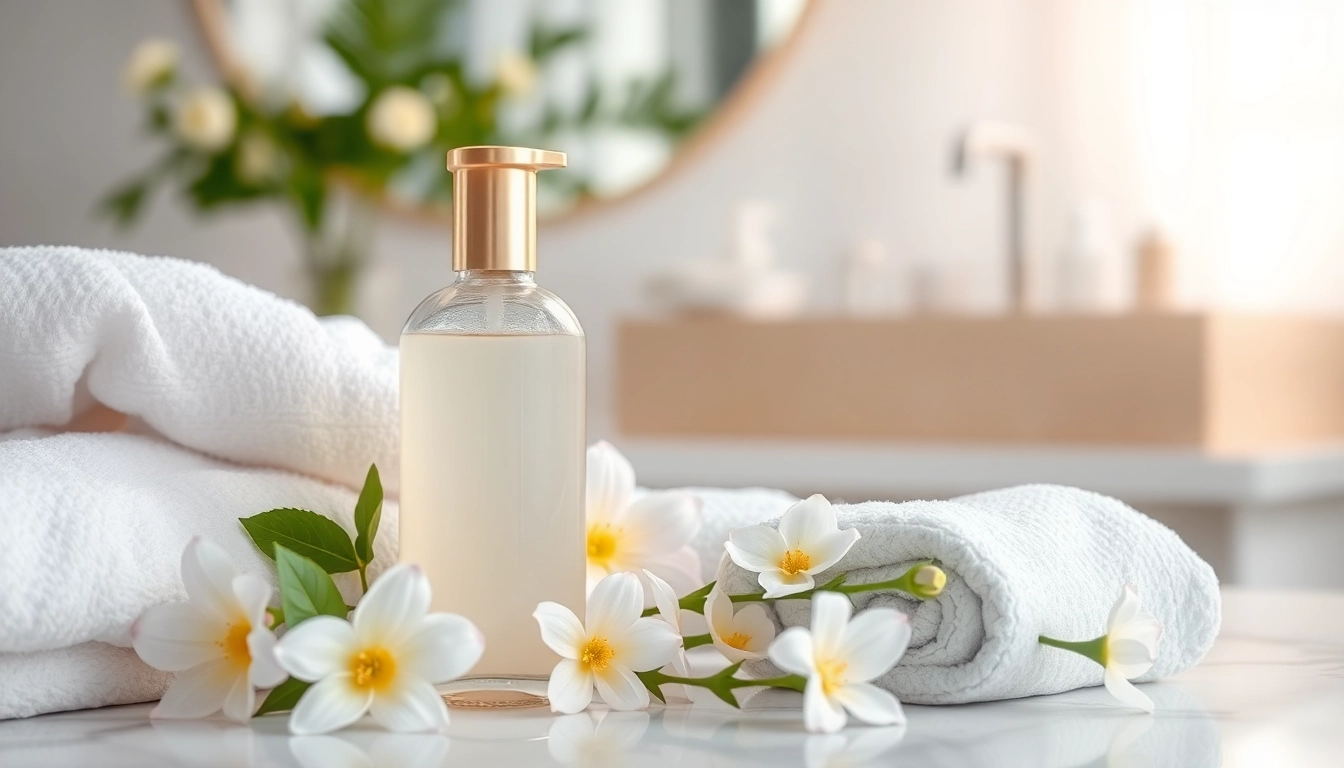Understanding Dry Hair: Causes and Effects
The Science Behind Dry Hair
Dry hair is a common concern for many individuals, characterized by its lack of moisture and vitality. The primary reason for hair becoming dry is the loss of sebum, the natural oil produced by the scalp. Sebum acts as a protective barrier, helping to retain moisture within the hair strands. Several factors can disrupt this delicate balance, leading to the hair appearing dull, frizzy, and lifeless. Understanding the biology of hair and how it responds to both internal and external factors is crucial for anyone wanting to revive their tresses.
Common Symptoms of Dry Hair
Recognizing dry hair can be the first step toward restoring its health. Common symptoms include:
- Dullness: Lacking shine and vitality.
- Frizz: Unruly strands that resist styling.
- Brittleness: Hair that breaks easily and lacks flexibility.
- Tangles: Knots and difficulty in combing or brushing.
- Split Ends: The tips of hair strands becoming frayed and splitting.
If you’re experiencing multiple symptoms listed here, it may be time to reassess your hair care routine, particularly the hair products you’re using.
Impact of External Factors on Hair Health
Many external factors can contribute to dry hair, including:
- Environmental Conditions: Excessive sun exposure, wind, and humidity can sap moisture from hair.
- Chemical Treatments: Hair dyes, perms, and relaxers can strip the hair of its natural oils.
- Heat Styling: Frequent use of hair dryers, curling irons, and straighteners can lead to moisture loss due to high temperatures.
- Poor Diet: Lack of essential nutrients, such as vitamins and minerals, can compromise hair health.
- Hard Water: High mineral content in water can lead to buildup, making hair appear dull and dry.
Combating these issues often requires a holistic approach to hair care, leading us to explore how choosing the best shampoo for dry hair can play a pivotal role in your routine.
Selecting the Best Shampoo for Dry Hair
Key Ingredients to Look For
When searching for the best shampoo for dry hair, the ingredients list is your best friend. Some key ingredients to look for include:
- Hydrating Agents: Ingredients like glycerin and aloe vera attract moisture to the hair.
- Natural Oils: Coconut oil, argan oil, and jojoba oil deeply nourish and hydrate hair.
- Proteins: Keratin and silk proteins can help strengthen hair, reducing breakage and improving its texture.
- Humectants: Such as honey, which draw moisture from the environment into the hair.
These ingredients work synergistically to improve your hair’s moisture retention and overall health.
Avoiding Harsh Chemicals
Just as important as knowing what to include is knowing what to avoid. When choosing shampoo, it’s crucial to steer clear of:
- Sulfates: These cleansing agents can strip away natural oils, exacerbating dryness.
- Alcohols: Certain alcohols can dry out hair; opt for fatty alcohols like cetyl or stearyl instead.
- Parabens: Often used as preservatives, they can cause irritation and sensitivity for some people.
- Artificial Fragrances: These can lead to allergic reactions or sensitivities in some individuals.
Focusing on natural and gentle formulations will help maintain the integrity of your hair.
Choosing the Right Formula for Your Hair Type
Hair type varies from straight to curly and fine to thick, so not all shampoos will work for every individual. Consider the following tips:
- Straight Hair: Look for lightweight formulas that hydrate without weighing the hair down.
- Curly Hair: Rich, creamy shampoos that provide extra moisture are typically effective.
- Color-Treated Hair: Use shampoos specifically formulated to protect color while adding moisture.
- Fine Hair: Choose volumizing shampoos that hydrate without adding heaviness.
- Thick Hair: Thicker, creamier shampoos usually yield the best results.
By matching the shampoo formulation to your hair type, you can maximize your hair’s hydration and health.
How to Use Shampoo for Maximum Benefits
The Best Washing Techniques
How you wash your hair can significantly affect its moisture levels. Here are some tips for effective washing:
- Pre-Wash Treatment: Consider applying a hair oil or conditioner before shampooing to provide an added layer of protection.
- Rinse With Warm Water: Start with warm water to open the cuticles for better cleaning, but avoid hot water that can dry hair out.
- Use a Small Amount: A dime-sized amount of shampoo is usually sufficient; applying too much can lead to buildup.
- Knead Gently: Massage the shampoo into your scalp with your fingertips, avoiding aggressive scrubbing which can lead to breakage.
- Thoroughly Rinse: Ensure all shampoo is rinsed out to prevent buildup and dryness.
Frequency of Shampooing for Optimal Hydration
Finding the right shampooing frequency is essential for maintaining healthy hair. Common guidelines include:
- For dry or curly hair: Shampoo once or twice a week to retain natural oils.
- For oily hair: You may need to wash every other day to control excess oil production.
- For normal hair: Every three days often strikes the right balance.
- Listen to your hair: Adjust based on how your hair feels – it should feel clean but not stripped of moisture.
Complementary Products and Tools to Consider
Using complementary products can enhance the effectiveness of your shampoo. Consider the following:
- Conditioners: Always follow with a hydrating conditioner to restore moisture.
- Leave-in Treatments: These provide additional hydration and protection throughout the day.
- Hair Masks: Weekly applications of hair masks can deeply nourish and repair dry hair.
- Wide-Tooth Combs: Use these to detangle hair gently when wet, minimizing the risk of breakage.
Real-Life Testimonials: Success Stories
User Experiences with the Best Shampoo for Dry Hair
User stories provide real-world evidence of a product’s effectiveness. Many have shared their positive experiences after switching to a hydrating shampoo:
“Since I started using a sulfate-free shampoo designed for dry hair, I’ve noticed a significant reduction in frizz and breakage!”
“The moisture boost I got from a new shampoo has revived the shine I thought I lost forever!”
Before and After Comparisons
Visual evidence can also be powerful. Before and after photos illustrate how the right shampoo can transform dry, damaged hair into vibrant, healthy locks. Many users report improved texture, reduced split ends, and enhanced shine just weeks after switching their shampoo. These transformations highlight the importance of choosing the right products.
Expert Recommendations and Reviews
Industry experts frequently weigh in on the best shampoos for dry hair. Hair care professionals recommend ingredients like those we’ve discussed while emphasizing the importance of customizing hair care routines to suit individual needs. Many hair stylists also share their preferred brands known for delivering effective results, providing additional valuable insights.
Maintaining Hair Health beyond Shampoo
Nourishing Treatments and Conditioners
Shampoo alone may not be enough to maintain healthy hair. Incorporating nourishing treatments and conditioners can play a critical role:
- Deep Conditioning: Look for deep conditioners that contain protein, ceramides, and natural oils for enhanced hydration.
- Hair Oils: Regular application of hair oils can provide moisture and shine.
- Leave-In Conditioners: These can be applied to damp hair for continuous hydration throughout the day.
Daily Care Routines to Prevent Dryness
Adopting a daily care routine is essential for hair health. Consider these useful practices:
- Gentle Brushing: Use a soft-bristle brush to minimize damage and distribute natural oils.
- Protective Styling: Styles that tuck away ends can prevent moisture loss and breakage.
- Avoiding Overwashing: As mentioned, more frequent washing can strip moisture; try to limit it.
Lifestyle Changes for Healthier Hair
Finally, your overall lifestyle can impact hair health. Consider these changes:
- Nutrition: A balanced diet rich in vitamins and minerals supports hair from within. IncludeOmega-3 fatty acids, biotin, and vitamins A and E.
- Hydration: Drink plenty of water to keep your hair hydrated from the inside out.
- Stress Management: High stress can lead to hair loss; practice relaxation techniques like yoga or meditation.
- Regular Trims: Keeping hair trimmed can prevent split ends and damage from progressing.
Incorporating these strategies into your daily routine can promote long-term hair health, helping combat dryness and enhancing overall appearance.



